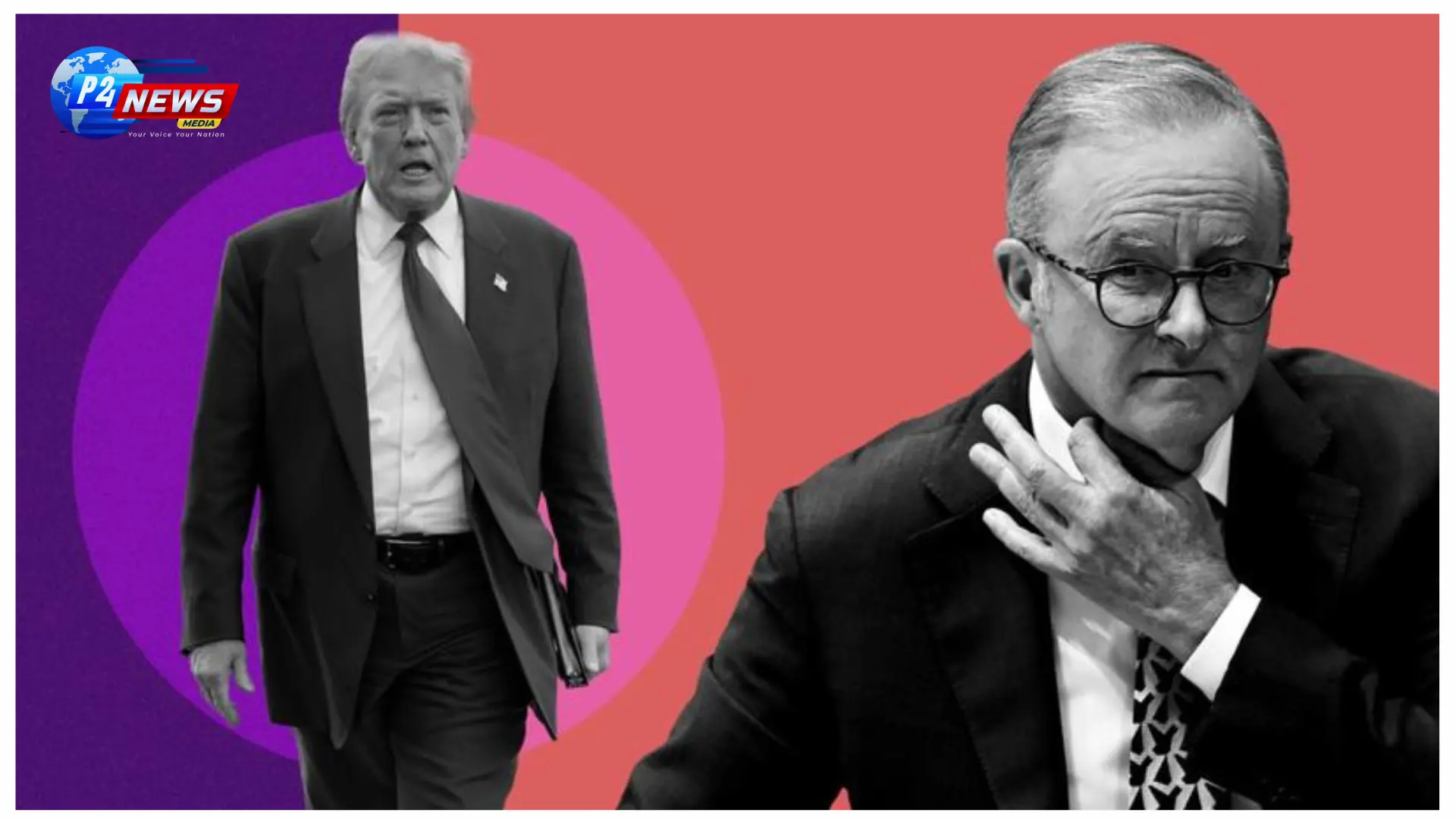Description: "As Donald Trump prepares for a potential return to the White House, Australia braces for the implications of his foreign policy. From trade tariffs to climate agreements, the unpredictability of a second Trump term raises questions for Australian leaders. This article unpacks the potential impact on Australia's economy, international relations, and environmental commitments as Trump navigates his unique approach to governance."
Impending Changes in Trade Policies
With Donald Trump's anticipated return to the White House, major shifts in trade policies could be on the horizon for Australia. Trump's fondness for tariffs was a hallmark of his previous administration and is likely to remain a central theme in his second term. He has floated ideas such as a broad 10% tariff on most imports and significant tariffs on specific trade partners like China, which could have serious implications for Australian goods and prices.
Potential Tariff Implications for Australia
Australia currently enjoys tariff-free access for 96% of its exports to the US under a longstanding trade agreement, but this status could be at risk. If Trump moves forward with new global tariffs, meticulous diplomacy will be essential for Australia to maintain its favorable trade standing.
Risks of Global Trade War
Many observers warn that a renewed trade war between the US and China could have dire consequences for Australia as a trading nation. Former US ambassador Arthur Sinodinos highlighted that Australia is likely to get caught in the middle if global trade wars erupt.
Managing Relations with China
Another significant factor will be Trump's approach to China. His first term was characterized by a tough stance, yet he also claimed to have strong relations with Xi Jinping. This contradictory approach could create complexities for Australia, which recently improved its own relations with China after a prolonged diplomatic freeze.
Foreign Policy Challenges
Furthermore, the Trump administration's policy towards Ukraine remains uncertain. There are growing voices within the Republican Party expressing skepticism about continued US support for Ukraine, which could put pressure on Australia to step up its involvement in international affairs.
Climate Policy Changes
Trump's intentions regarding climate policy are notably clear; he aims to withdraw the US from agreements such as the Paris Climate Accord, reinstating a focus on fossil fuel production while potentially scaling back support for renewable energy industries. This could complicate climate cooperation efforts between Australia and the US, which had previously been a focus of the bilateral relationship.
Diplomatic Relations under Trump
How the Australian government navigates its relationship with a second Trump administration is crucial. Past experience indicates that the personal rapport between leaders can significantly affect diplomatic ties. Prime Minister Anthony Albanese's administration must strategize carefully to maintain a positive working relationship with the Trump White House.
AUKUS Agreement and Defense Relations
The AUKUS agreement, which was designed to enhance security collaboration between Australia, the US, and the UK, is expected to remain intact under Trump. However, concerns are being voiced within Australia regarding the implications of maintaining a close military alliance with an unpredictable president.
Conclusion
As Trump prepares for his potential return, Australian policymakers face an unpredictable landscape. Navigating trade policies, climate commitments, and geopolitical tensions will be pivotal to safeguarding Australia's interests in the coming years.
'
















Comments 0